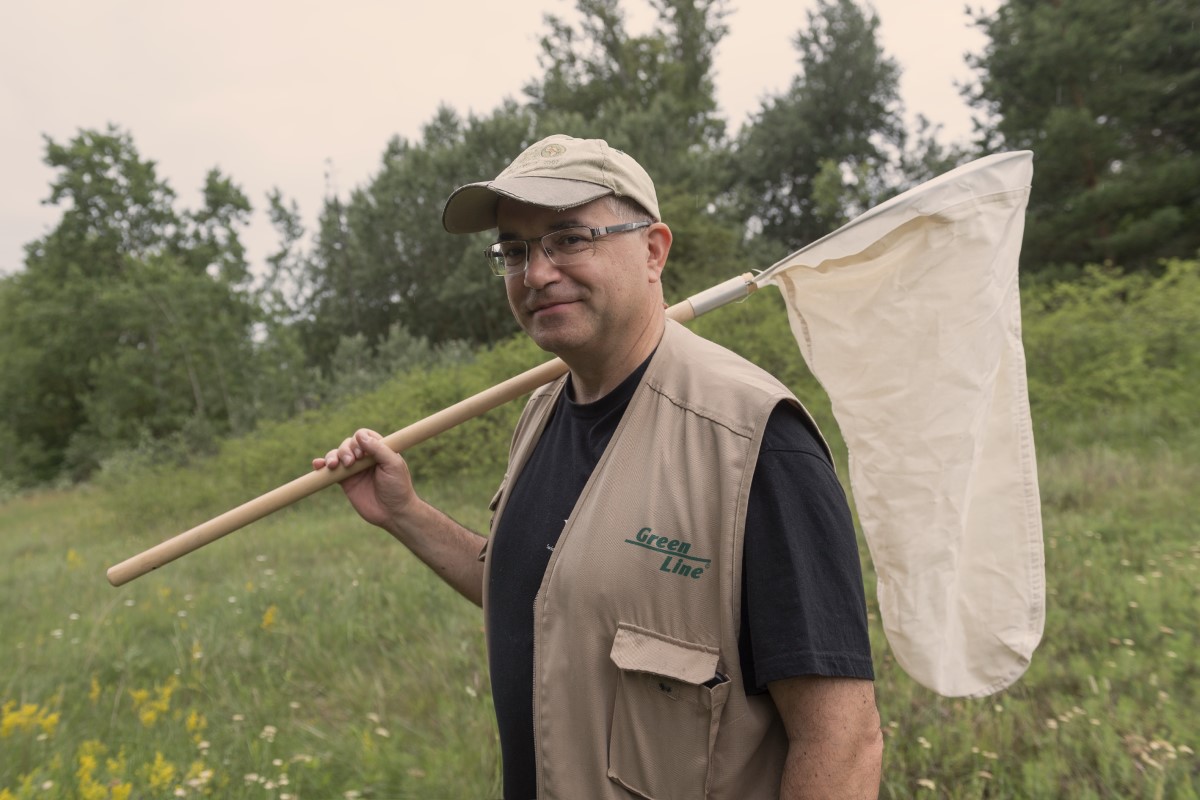
András Báldi, research professor of the Centre for Ecological Research and a corresponding member of the Hungarian Academy of Sciences, has been elected Head of the Organismic and Evolutionary Biology Section of the Life Sciences Division of the Academia Europaea, a leading European research community.
Founded in 1988, the Academia Europaea (AE) (European Academy of Sciences) has around 5,000 members, including 83 Nobel laureates. The AE’s objectives include promoting and disseminating the results of European research, fostering interdisciplinary and international research cooperation, and raising public awareness of scientific results.
“The Academia Europaea resembles the academies of the old days, the “learned societies”. It has a staff of just a few people, so every activity initiated and carried out by its members. A series of seminars, conferences and peer-reviewed papers are indicative of this. The Section of Organismic and Evolutionary Biology is one of the smallest, with 139 members. However, it has a total of eight distinguished Hungarian members from several institutions in the country” – told András Báldi to mta.hu.
András Báldi’s term of office is three years from 1 January 2023. He said that his election was partly due to his experience in leading international societies and partly to the fact that has practice in mediating between science and policy. The latter is also important because one of the main objectives of the section is to provide useful advice to EU decision-makers.
“To this end, my aim is to complement the membership by involving European leaders in highlighted research field,” he said. “In addition to professional excellence, we also take into account the need to strike the right balance between gender, countries and disciplines. In other words, it is not mechanistically the science metrics that matter, but whether the candidate excels in their particular situation.”
András Báldi said there is a sense that climate change and the crisis of biodiversity loss are increasing the weight of ecology, both in scientific research and in international scientific organisations.
He cited as an example the fact that the Global Risks report for the World Economic Forum in Davos included climate change and biodiversity loss among the six environmental problems that are estimated to be the greatest threats over the next 10 years. “A working group on environmental sustainability has also been set up within Academia Europaea.”


